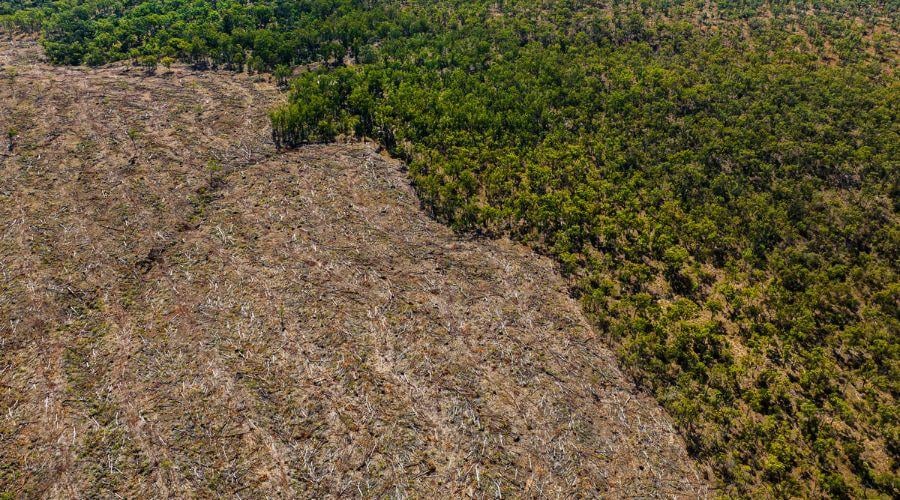
Biodiversity & extinction

In July 2022, then-new environment minister Tanya Plibersek released the long-awaited State of the Environment report. The Report had sat, unreleased by the previous Coalition government, for many months. The Report’s findings were sobering. They still are. The question on everyone’s mind is whether now, a year on, are we moving in the right direction to reverse the damage done and protect what remains?
The past year has been a mixed bag for nature. On one hand, possibilities presented by hard-won commitments like a set of National Environment Standards and an independent Environment Protection Agency are welcome, though there’s work to do to ensure these are strong enough and effectively implemented.
On the other hand, during the past year the Albanese Government launched a brazen attempt to financialise nature through the Nature Repair Market Bill. New coal mines and building developments in endangered species habitat continue to be approved under the current national environment law, which in 2020 was declared in need of ‘fundamental reform’ by independent reviewer, Professor Graeme Samuel.
A major downfall of Australia’s current set of environment laws are the exemptions carved out for certain industries that absolve them of the requirement to have the environmental impacts of their projects assessed and approved.
Native forest logging is the prime example of this. Instead of being regulated under national environment laws, the sector is regulated on a state by state basis, under Regional Forest Agreements that have low standards and near absent enforcement. Under the current system, the Environment Minister of the day can also issue exemptions for projects that are considered to be in the national interest—a term which is not defined.
After all, it doesn't make a difference to the dwindling koala populations of the east coast whether their habitats are destroyed for highways, for cardboard boxes, or for renewable energy infrastructure. The invaluable loss is loss, either way.
When details of the Albanese government’s regional planning vision came to light in the months following the release of the State of the Environment report, we feared it would act as a continuation of these exemptions. Regional planning is essentially a zoning process, which serves to identify areas that are eligible for development. The regime proposes a traffic light system: red lights for areas like World Heritage Areas and Ramsar Wetlands where development is prohibited, and orange lights for middle-value areas, where development projects would be subject to assessment and approval before proceeding.
This proposal might be workable if it weren’t for the inclusion of “development priority” areas. In these zones, there is a permanent green light. Minimal federal assessment would be required at all for development projects to proceed in such places.
While the detail of the law is yet to be revealed, it is deeply concerning to know that entire swathes of forest, rivers, wetlands, desert, or ocean could, with the right amount of business lobby pressure or for some perceived economic priority, be pre-approved for destruction.
In addition to the existing exemptions for specific projects, entire regions could become lawless playgrounds for developers. And it remains unclear how Traditional Owners will be properly consulted, and their permission sought and obtained, for developments on their land and sea Country.
Over twenty years of Regional Forest Agreements provide more than enough evidence that loopholes for environmental destruction to sail through are not good for nature, or for people. The Albanese Government came to office with a promise to ‘restore community trust and confidence to environmental decision-making, but exemptions and carve-outs are not the answer to restoring this trust or rehabilitating nature.
What we truly need is national leadership on issues of national significance—like whether Australia destroys, or lets lifeforms thrive. The health of our shared environment underpins everything from societal wellbeing to economic success. As Australia moves forward with new environment laws, it is crucial that the Albanese government does not lead nature and communities into more of the same kinds of traps that created the biodiversity crisis to begin with.
National Campaigns Director, Amelia Young.